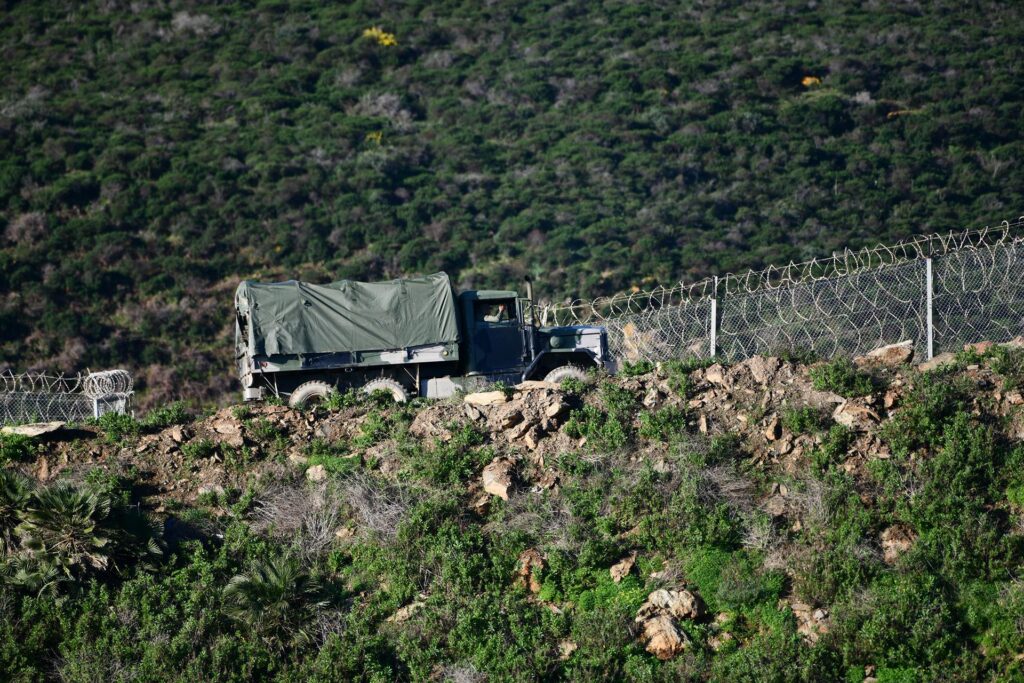02.06.2021 - 09:23
|
Actualització: 02.06.2021 - 11:23
Moroccan officials have raised the topic of Catalan independence during their ongoing diplomatic dispute with Spain. In a statement, the Moroccan foreign ministry drew parallels between the situation in Catalonia and that of Western Sahara. They accused Spain of double standards, saying it was “encouraging separatism at the neighbor’s house” while “fighting it at home.”
Spain and Morocco have been at odds since it emerged that Brahim Ghali, a leading figure from the Polisario Front, the Western Sahara independence movement, was being treated for Covid-19 in a hospital in Logroño in northern Spain. On Tuesday, Ghali left the medical center and Spain for Algeria.
In what has been seen as a form of retaliation, Morocco appeared to subsequently relax its border controls, enabling thousands of migrants to enter Ceuta, one of two Spanish enclaves on the north African coast. Rabat is also preparing an “appropriate” response to the situation, which could include inviting the Spanish ambassador to leave the country. The move would not necessarily sever diplomatic ties among both countries, but it would be a further step in exacerbating the crisis.
The root of the problem
“The root of the problem,” Monday’s statement from Morocco’s foreign ministry said, is Spain’s “hostile” stance with regard to Western Sahara. Morocco reminded its Mediterranean neighbor of its “clear and firm” support for the “territorial integrity and national unity” of the Spanish state during the Catalan independence push.
“Morocco has not chosen neutrality” the statement continued, revealing that in recent years Morocco has, at Spain’s request, refused to receive Catalan leaders “at the highest level”. It went on to pose the question: “How, in this context, can Morocco trust Spain again?”
The Spanish president Pedro Sánchez described the statement from the Moroccan government as “unacceptable.” Sánchez didn’t refer to the comments on Catalonia but warned Morocco that it “has no better ally within the EU than Spain.”
Morocco’s comments come just a few months after Russia cited the issue of Catalan independence after the EU demanded the release of opposition leader Alexei Navalny.


